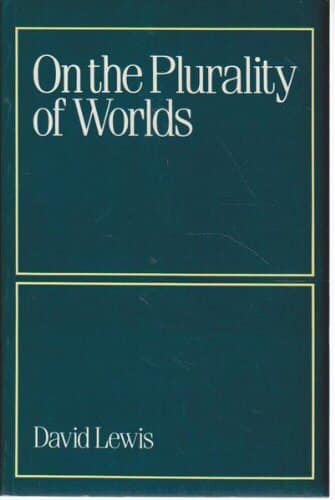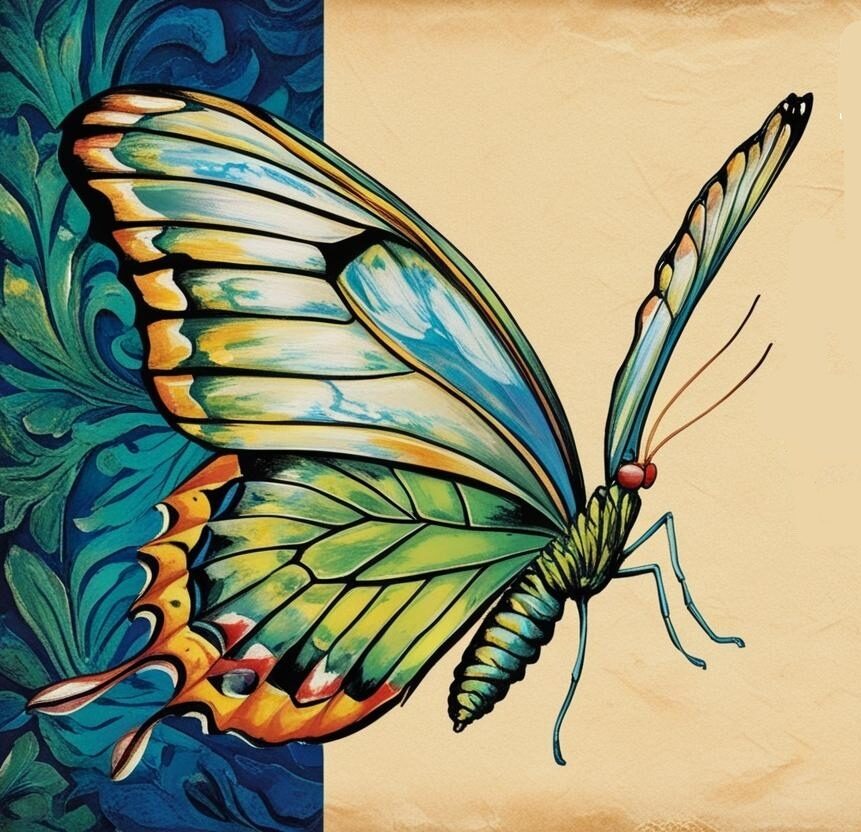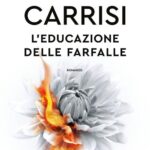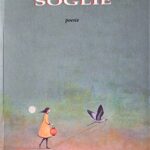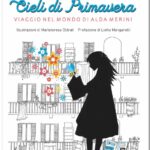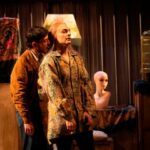HUMEAN SUPERVENIENCE AND DIFFERENTIAL GEOMETRY
According to Humean supervenience in the world there would be only particulars, I.e. individuals regimented by the first order predicate logic with identity.
To investigate this thesis, it is better to neglect the question of spacetime, since we don’t know for sure the relation between matter and spacetime. Is spacetime something in which particulars live? Or is spacetime something that particulars determines? Or is there an interaction between spacetime and particulars? Who knows?
I have the following objection against this form of Humean supervenience:
the world appears to us strongly regular. Moreover we find abstract and universal laws in our imagination, that is there is mathematics.
Although the formulation of mathematical theories is partly conventional, it seems that they are not completely a human creation.
Finally, the regularities we find in the world can be at least partially represented through mathematical theories.
The Humean maintains that all these universality and regularity are only an accident observed by humans.
It could be, but this thesis seems strongly against our evidence.
Indeed, Lewis, in formulating it, he associates it with modal realism. According to modal realism there are much more particulars with respect to those epistemically accessible to us. In this framework Humean supervenience becomes much more reasonable, as shown in On the plurality of worlds.
Clearly, modal realism is a too high price to pay for having Humean supervenience.
Therefore, it seems to me that if we give up modal realism, we must abandon Humean supervenience as well.
The world is not a mosaic of particulars.
We don’t know very well what is the world!
But in the world there are entities different from the individuals of first order predicate logic with identity.
Differential geometry provides us with the best language to speak about the fundamental entities of the world.
One interesting philosophical task is to understand better these entities elaborating logical languages more comprehensible for us.
